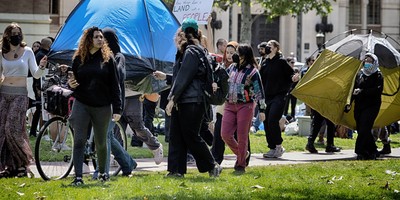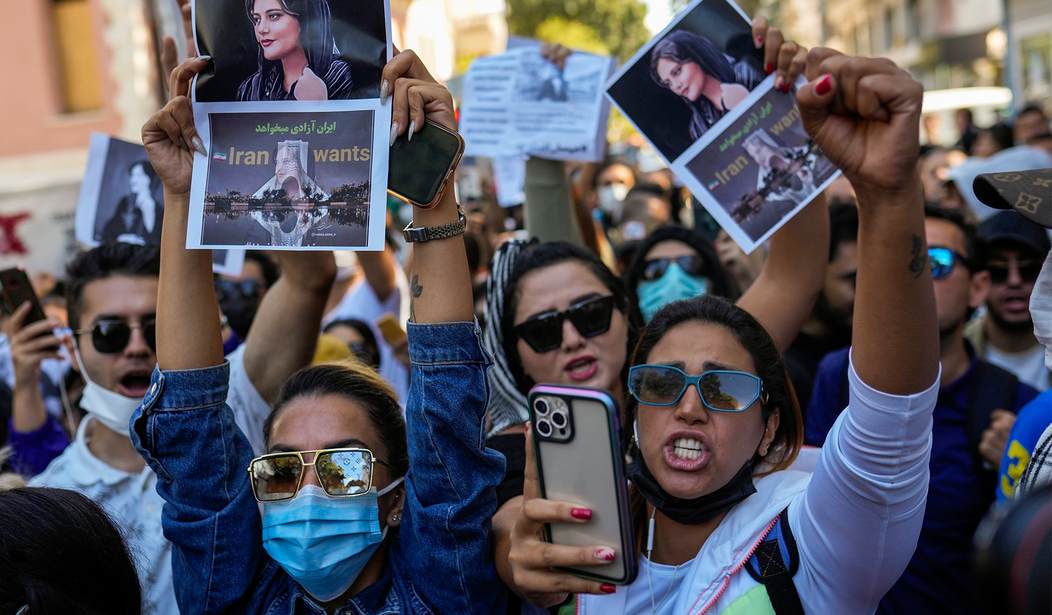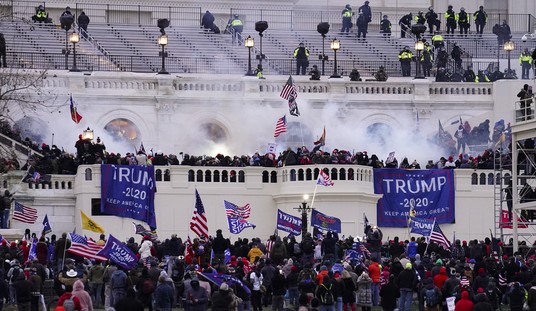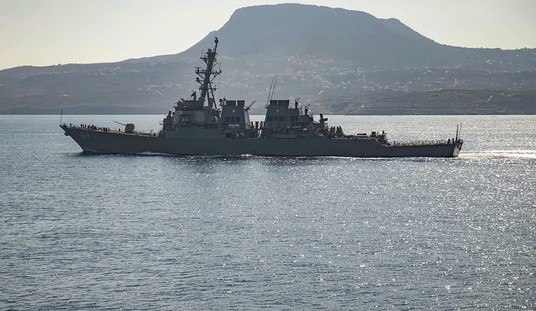For over 120 days, Iranian society has been embroiled in an unprecedented nationwide uprising which has coalesced into a unified demand for regime change in favor of a free, secular, and democratic republic. This revolution has been met with brutal crackdowns, which have resulted in over 700 unarmed protesters being killed by Iranian security forces and upwards of 30,000 protesters arrested and at risk of torture and execution.
Despite the regime’s efforts to brutally suppress the uprisings, Iranian protesters show no sign of relenting in their quest for freedom. Popular slogans like “death to the dictator” and “for each person killed another thousand will rise” reflect a society that is committed to fight until the last breath to overthrow the ruling theocracy.
Change takes time, but it is clear that Iran is witnessing the beginnings of a revolution that will not end until the entirety of the religious theocracy has been overthrown and replaced with a democratic government.
One indispensable component of a successful revolution will be the existence of a capable democratic coalition. This coalition should serve two purposes: 1) garnering international support for the people's uprising and 2) overseeing the post-revolution transition to a democratic government by facilitating free and fair elections.
Fortunately, this coalition has existed for four decades. Established in 1981, the National Council of Resistance of Iran (NCRI) has built a diverse and democratic parliament-in-exile committed to a democratic, secular, and non-nuclear republic. In a post-revolution Iran, this parliament-in-exile is committed to assist in the construction of democratic institutions and governmental bodies in Iran that are built on a platform of equality and secularism.
Recommended
While some members of the Iranian commentariat fell under the falsehoods moderation and reform spread by the regime and its apologists over the last forty years, the NCRI has recognized the true nature of the regime since day one. As early as 1982, the NCRI’s constitution declared its mission “to overthrow the Khomeini [and now, Khamenei] regime and to establish the Provisional Government” to oversee a six-month transition period with fair elections for a secular and pluralistic democracy. This principled demand for regime change, started by the NCRI decades ago, has now become a ubiquitous rallying cry of Iranian protesters and their Western supporters.
Based in Paris, France, the NCRI has a proven track record of gathering intelligence against the regime and advocating for policies that weaken the mullahs. Most famously, the NCRI's U.S. office exposed Iran's clandestine nuclear weapons program to the world for the first time in 2002, prompting a wave of international sanctions against Iran.
This track record has earned the NCRI broad support inside and outside of Iran. In 1992, 219 bipartisan members of the U.S. House of Representatives wrote a letter expressing their confidence that “the National Council of Resistance will contribute to the achievement of peace and stability for all the countries of the region.”
This international recognition has only grown over the years. To this day, hundreds of high-profile dignitaries from the United States, Canada, Europe, and Middle East gather every year at the NCRI’s annual Free Iran Summit alongside hundreds of thousands of NCRI supporters to promote a common vision for a free and democratic Iran.
The existence of such a capable, organized, and determined democratic opposition should give confidence to Western governments that the post-revolution Iran will be a prosperous democracy, not chaotic power vacuum. Furthermore, the NCRI’s unwavering forty-year commitment to freedom and self-determination – at great personal cost – should give confidence that the transition period will not be vulnerable to external influences. Rather, the post-revolution Iranian government will answer only to the will of the people.
It is critical for Western governments to recognize that the current uprising is not a singular moment in time, but the accumulation of 43 years of resistance to the ruling regime. The NCRI has undoubtably played a significant role in this resistance.
This inescapable reality of a popular revolution has always been known to Iranian activists who have been committed to the end game of regime change since the early days of the Islamic Republic. Unfortunately, the international community has been slow to accept this reality. Desperate to achieve the fantasy of diplomacy with Iran, successive American administrations have fought tooth and nail to appease the mullahs at the expense of the Iranian people.
The current uprisings are an opportunity for the Biden administration to correct the record and recognize the Iranian people's heroic and historic battle for self-determination and freedom.
At the end of the day, the future of Iran will be determined solely by the people of Iran, whether led by the NCRI or by another coalition. However, the international community can do its part to support the Iranian people’s ambitions by recognizing their right to revolution and treating the terrorist regime as the pariah that it is.
The Biden administration can lean on the knowledge of a capable democratic alternative to pursue a three-pronged policy to support the Iranian people: 1) recognizing the people’s right to overthrow their dictatorship; 2) providing support to protesters; 3) sanctioning and diplomatically isolating the ruling mullahs. Such a policy will be a welcome break from the current policy of indecisiveness and appeasement.
By supporting Iranian revolutionaries and weakening their oppressors, the international community can accelerate the inevitable change that Iranian society desperately needs. The outcome – a secular, democratic, and non-nuclear republic in Iran – will lead to greater prosperity for the Iranian people as well as greater peace and stability for the United States and its interests in the Middle East.
Seena Saiedian is a student at the University of California – Berkeley’s Haas School of Business. He is an Iranian-American policy commentator and human rights advocate. Follow him on Twitter @SeenaSaiedian






















Join the conversation as a VIP Member